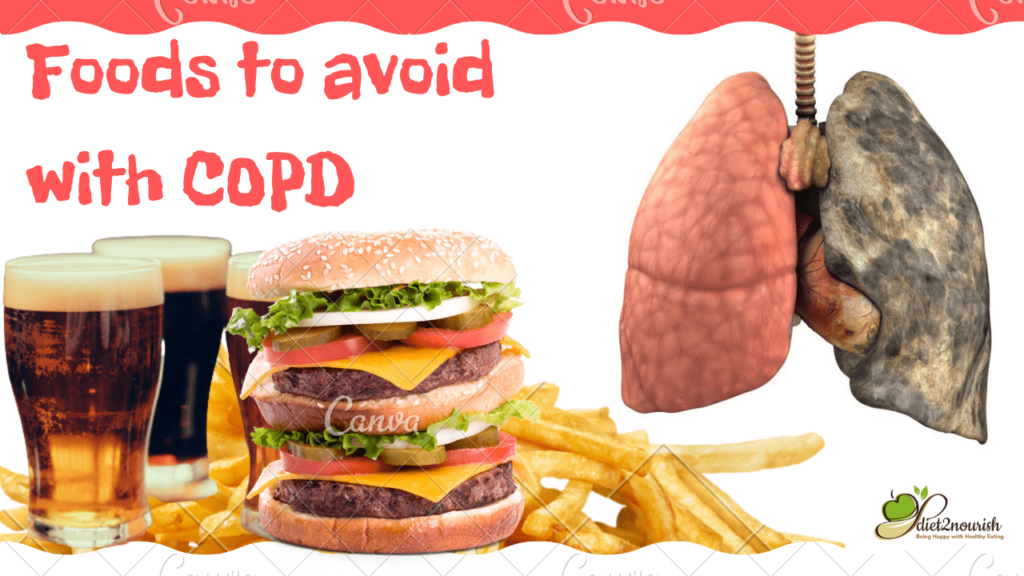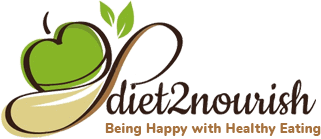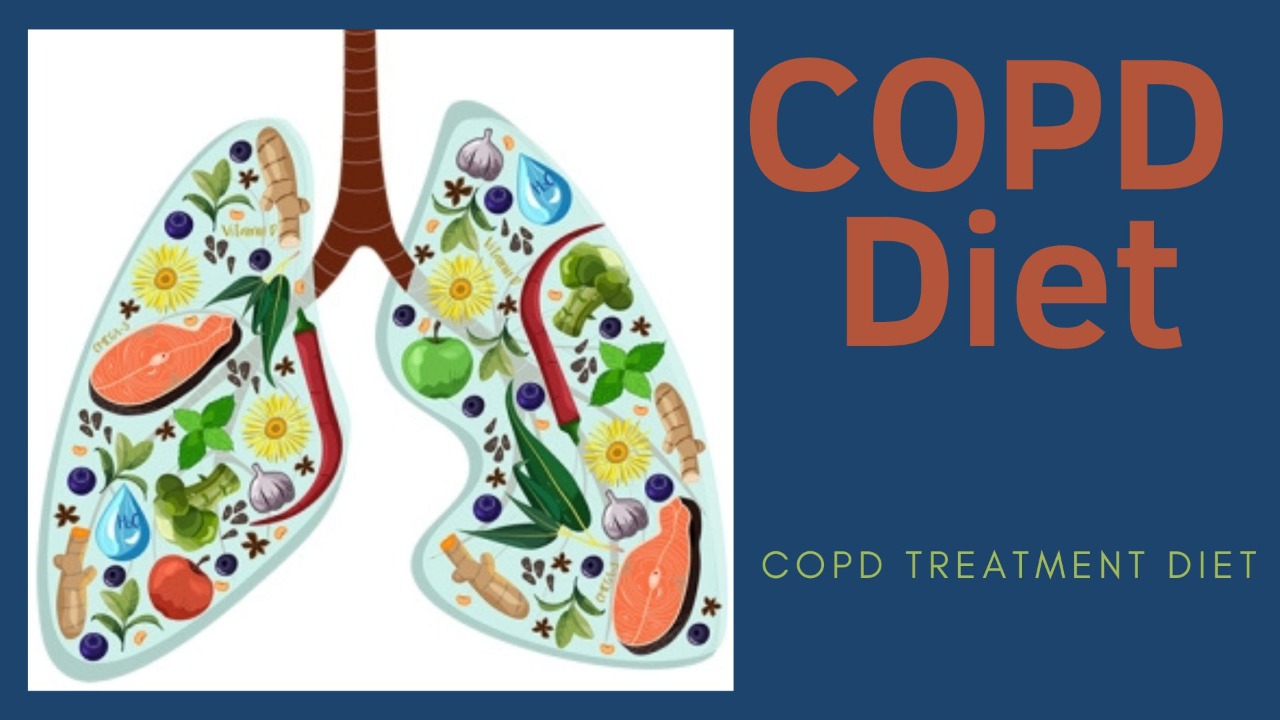COPD Diet Chart
COPD Diet Chart – Chronic Obstructive Pulmonary Disease, commonly known as COPD is the fourth leading cause of death in today’s world. It is a serious lung disease, that begins as local inflammation in the lungs, but can grow and affect multiple body systems. It is an incurable disease, same as diabetes, that progressively gets worse over time. COPD is a chronic health condition, as it leaves you breathless and tired. You cannot breathe properly and fully, and when you cannot breathe fully, the incoming air exchange while you breathe is disturbed, which in turn affects your overall health and physical functioning. In general, our bodies burn calories to digest the foods we eat. People with COPD, burn calories 10 mines much faster for the same. It is thereby, very important to eat the right foods in the right quantity to maintain higher levels of energy and thereby follow a dedicated COPD Diet chart.
COPD Diet Plan
Most of us will be surprised to read that the food we eat can directly affect our breathing. The correct mix of nutritious foods helps in breathing easily. COPD Diet Chart helps in effectively managing manage and even preventing some of the adverse health effects caused due to COPD. A well-balanced and healthy COPD Diet Plan has many beneficial health effects, especially for people with acute COPD, like:
- Helps in reducing inflammation
- Improves lungs functioning
- Lowers the risks of developing heart and metabolic diseases
- Improves and maintains muscular strength
So, What is a diet for COPD patients?
A diet for COPD patients should be a well-balanced diet rich in foods with anti-inflammatory properties and anti-oxidants. The diet should have foods rich in:
1. Complex Carbohydrates
Fresh fruits, starchy vegetables, whole grains, beans, and lentils, all contain complex carbs, which the body takes time to break, ensuring a sustained release of energy.
2. Fiber
Fibers are much needed to maintain strong respiratory muscles. Beans and lentils, fruits and vegetables, whole grains, nuts, and seeds, are all rich sources of fibers.
3. Protein
Studies reveal that people with COPD have higher protein needs. It helps in improving nutritional status and thereby the quality of life. Eggs, fishes, meats and poultry, nuts and seeds, tofu, legumes, milk, and cheese are all rich in protein.
4. Monounsaturated and polyunsaturated fats
Both – Mono and Polyunsaturated fats are healthy fats that help in lowering our cholesterol. Foods like certain vegetable oils like avocado and olive oil, fatty fish, nuts, and seeds are all good sources of both healthy fats.
5. Potassium
Potassium deficiency can give rise to lung health issues. It is a very vital component of the health of our lungs. Foods like dark leafy greens, avocado, tomato, beets, potatoes, asparagus, bananas, and oranges should be a part of any diet for lung disease.
6. Eat fresh, eat clean
Eat fresh, eat clean is the mantra. Fresh fruits and vegetables are rich in essential vitamins and minerals. These essential nutrients are important to keep our bodies healthy and fit. Prefer non-starchy vegetables except peans, potatoes, and corn as these are low in carbohydrates.
A diet low in carbohydrates is important for people with COPD. It helps manage the symptoms better by producing lower carbon dioxide.
7 foods to avoid with copd

As there are foods that can help people with COPD, there are many foods to avoid with COPD. These are:
1. Fried foods
A Fried and heavily fried foods are often found to cause indigestion and gas, and hence should be avoided by people with COPD as these foods can affect your breathing and cause discomfort.
2. Salt or Sodium
An Excessive consumption of salt or sodium can cause water retention, which can further affect your ability to breathe. Avoid adding extra salt from the shaker, instead use unsalted herbs and spices to flavor your dish.
3. Certain vegetables and legumes
A Some numerous vegetables and legumes can cause gas and bloating and hence should be avoided. Some of them are Brussel sprouts, beans, cabbage, cauliflower, leeks, corn, a few lentils, onions, and peas.
4. Certain fruits
Fruits like apples, peaches, apricots, and melons can cause bloating and gas, as these fruits contain fermentable carbs. This can further lead to breathing problems in people suffering from COPD.
5. Dairy and dairy products
It has been observed that milk and milk products make phlegm thick in many people. If it also happens with you, you should stop taking these, otherwise, you can continue enjoying them.
6. Simple carbohydrates
table sugar, candies, cakes, chocolates, sugary desserts, white bread and pasta, and processed foods are made out of simple carbs. Simple carbs have lesser nutrition value than complex carbs and hence should be avoided with COPD.
7. Unhealthy fats
Fast foods, fried foods, processed foods, packaged foods, ice creams, margarine, and sugary desserts are all loaded with trans and unhealthy fats and contribute to unhealthy eating. You should always try to avoid or limit them.
Best Foods for COPD
Foods for COPD -When you have COPD, you need to eat energy-dense foods. COPD you burn 10 times more energy than normal. It provides the fuel your body needs to make you feel better. What are the best foods for COPD?
1.Bananas:
Bananas help in improving lung function. It won’t be wrong if we say that bananas are the best food for any diet for lung disease. Bananas are a rich source of potassium, which is good for COPD.
2.Fruits:
Fruits like blueberries and strawberries are rich in anti-oxidants and promote better lung function. Grapefruit is another fruit that is great for people with COPD as it has high anti-inflammatory and antioxidant properties. Some other fruits that are considered good are raspberries, grapes, plums, oranges, pineapples, and kiwi.
3.Oatmeal:
Oatmeal is rich in calcium, iron, vitamin A, and fibers. It is also easy to eat and highly nutritious. It also keeps you full for a long and is better for all of them who are looking to lose some weight.
Peanut butter: Peanut butter has both – calories and proteins. Proteins are very important for people with COPD.
Frequently Ask Questions
The best diet for COPD is the one that limits your simple carbohydrate intake including table sugar, cakes, candies, and sweetened drinks, and makes you eat around 20 to 30 gms of fibers each day. These fibers can be from foods such as fruits and vegetables, nuts and seeds, bread, and pasta. The diet should also focus on the intake of proteins two times a day to maintain strong respiratory muscles.
The right mix of nutrients can assist in easy breathing. The diet should be lesser on carbohydrates and more on healthy fats.
As you know that COPD is not curable, it can only be treated and managed. Apart from staying away from smoke and air pollution, there are certain foods that you should avoid taking if you have COPD. These are:
1. Certain fruits and vegetables like apples, peaches, apricots, melons, beans, legumes, cauliflowers, cabbage, corn, and broccoli.
2. Caffeine
3. Fried and deep-fried foods
4. Dairy and dairy products
5. Simple carbs
6. Excessive salt or sodium
7. Chocolate
8. Alcohol
Adequate high-quality nutrition is vital for all of us, but it becomes all the more important if you are suffering from chronic diseases like COPD. It is believed that almost 10 servings of fruits and vegetables a day can go a long way in reducing the risks of COPD and also managing the disease better.
Green leafy vegetables and brightly colored vegetables are always a part of a healthy, well-balanced, and well-nourished diet. Fruits like berries, kiwis, mangoes, bananas, and tomatoes and vegetables like sweet potatoes, cantaloupes, carrots, and red and green peppers, are high in antioxidants and rich in anti-oxidants and are considered the best vegetables and fruits to be consumed with COPD.
A COPD diet must be rich in fluids. It can help in keeping the body hydrated. You can stay hydrated by drinking water, fresh juice, soups, broths and herbal teas. Moreover, Staying hydrated can help the body in a number of ways. It keeps the thin mucus in the airways. Then, it makes it easier to breathe. Thus, fluids can help COPD patients.
When it comes to relieving congestion in a COPD diet, there are a few factors that can help. One of the main factors is staying hydrated. You can do so by drinking plenty of fluids. This helps in thinning mucus. Thus, makes it easier to clear out. Eating foods rich in antioxidants, can help reduce inflammation in the airways. It may help relieve congestion. Additionally, you should not eat foods that can trigger mucus production. They are dairy products or fried foods.
Answer:
There is always the best home remedy to every problem. For a COPD diet plan, steam is the best home remedy. Breathing in hot, moist air in the form of steam can help clear the mucus. You can do it easily. In addition, some spices such as turmeric or ginger can help you. They may aid mucus breakdown. You can drink herbal teas too. They can help thinning the mucus. They relieve COPD symptoms.










